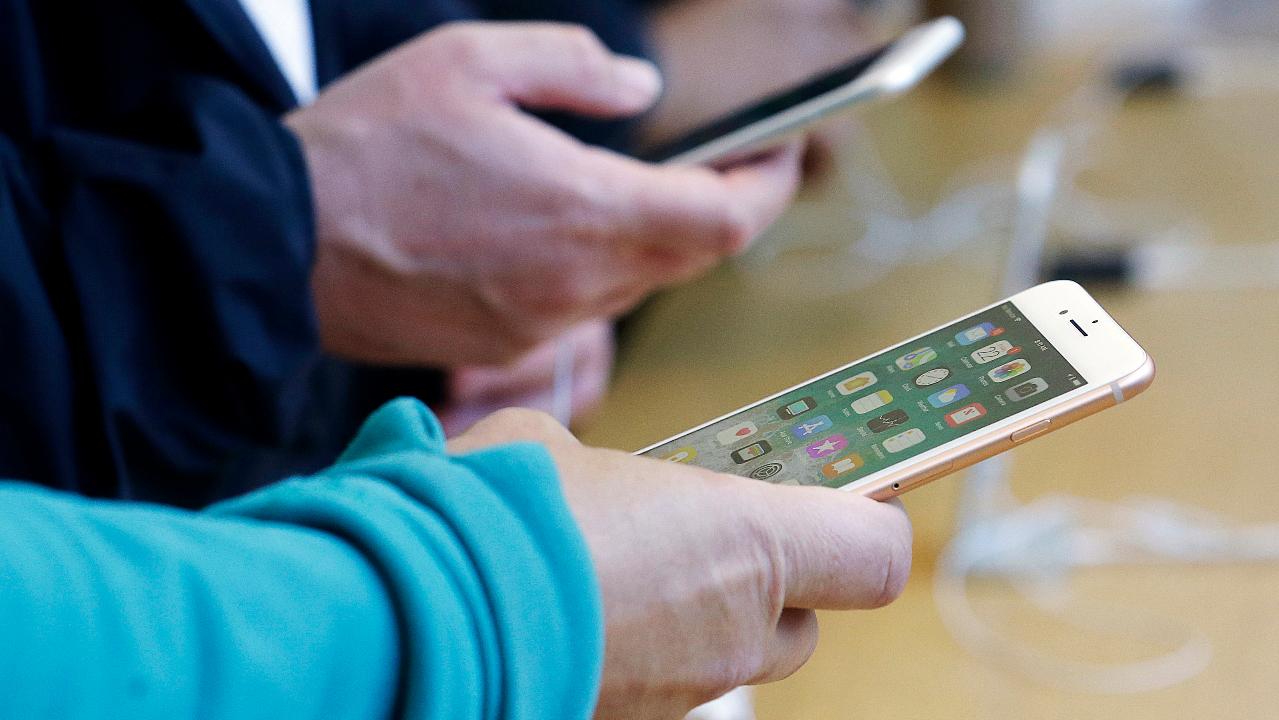Robocall 'scammers' not ready for new call-blocking measures, FCC chair says
Those annoying robocalls may finally stop pestering your cellphone.
Federal Communications Commission Chairman Ajit Pai said new authority for phone carriers to automatically block robocalls and aggressive enforcement action against robocallers should hopefully result in a significant drop in unwanted calls over the next several months.
“It drives me crazy,” Pai told FOX Business’ Stuart Varney in an interview on “Varney & Co.” Friday. “I get them all the time. My mom gets them all the time.”
AT&T announced this week that it will start to automatically block robocalls to all its customers for free. The company will add the service to its customers “over the coming months,” though anyone who doesn’t want the screening service will be able to opt-out.
Officials have expressed frustration with carriers’ response to the ongoing robocall issue. FCC Commissioner Geoffrey Starks said in an online statement Thursday that “it does not appear that all providers have acted with haste” to stop robocalls. Most carriers’ plans to block the calls “are far from clear,” he added.
In the meantime, Verizon is recommending customers use a free call-filtering app, FOX Business previously reported. Like AT&T, Sprint said it plans to soon launch a free version of its existing call-blocking technology. T-Mobile warns customers when a call is likely to be spam, but its customers must opt-in to actually block the calls.
Robocalls have proliferated because technologies have developed that make it possible so almost anyone who wants to can make them, Pai said. The technology to block it may not be as easy to develop. Critics of the new authority given to carriers to block robocalls have warned that legitimate calls from someone like a doctor could be inadvertently blocked.
Call centers dedicated to robocalls have popped up in some countries overseas, and the government has been working with foreign officials to take law enforcement action against the people behind them, Pai said. The FCC is also set to vote Aug. 1 on a new proposal that would ban “spoofing” — making a call falsely appear it’s from a local number — for international calls and texts.
Pai said the FCC is “doing everything we can” to stop the robocalls.
"These scam artists aren’t counting on a cop on the beat that is willing to take every mallet in the toolbox and start whacking, and that’s exactly what we’ve done by empowering carriers to block these robocalls by default, by demanding the carriers adopt caller ID authentication this year and by taking aggressive enforcement action against robocallers," he said.
CLICK HERE TO GET THE FOX BUSINESS APP
The FCC is also requiring carriers to adopt caller ID authentication, which Pai described as "a digital fingerprint" for all phone calls. Officials said that phone carriers could face new rules if they don’t address the problem this year.
"If they don't do that, we will take regulatory action to make sure they do," Pai said.
FOX Business’ Ann Schmidt and Joe Williams contributed to this report.




















